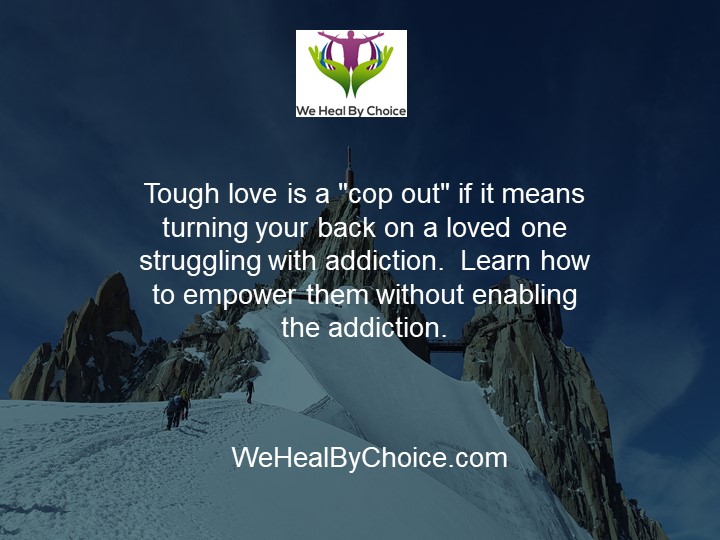How to Help a Loved One Withdraw from an Addiction
Addictions of all kinds can be incredibly difficult to overcome. When a loved one is suffering from an addiction, it can greatly affect you as well. Naturally, you don’t like to watch them suffer and you’re searching for ways to help.
The truth is that loved ones are usually best equipped to help because they’re loving and trustworthy.
Here is a list of tips to keep in mind when helping someone with addictions:
- Help Them Make Wise Choices. Sometimes it’s not so easy to make a wise choice for yourself. A pair of eyes on the outside may be just what your loved one needs. Suggest alternatives to their addictive behaviors. Make sure not to belittle or judge them but, instead, listen to what they have to say.
- Offer Love and Support. Your loved one needs to know that they’ll have love and support even in vulnerable times. Make sure you’re there for them no matter what. It can be the difference between getting over the addiction, and suffering from it forever.
- Help Them Through Cravings. Your loved one will endure many cravings, especially when they first withdraw from their addictive behavior. You have to be there in order to keep them from the addictive behavior at all costs. Make suggestions for alternative things that they can engage in, instead of the addiction.
- Get Medical Help. You need to be wise enough to realize that sometimes a medical professional is required to intervene. If these situations arise, have the necessary phone numbers handy in order to get help as quickly as possible.
- Form an Intervention. Interventions are great ways of showing your loved one that many people care about him or her and their health. They work because the sufferer realizes that their actions are affecting and being noticed by many people around them. They’re then able to stop the denial about the whole situation.
- Attend a Meeting. It’s likely that there are local meetings about the particular addiction that your loved one is suffering from. These meetings are not just for the sufferer, but also for anyone affected by the addiction. You can attend these meeting as well in order to offer support and gain a better understanding about this affliction.
- Understand Withdrawal. It will help you to further educate yourself on what happens when a person hits withdrawal. If they’re suffering from a drug addiction, there may be many unsettling physical symptoms that occur as well as psychological ones. You can expect headaches and vomiting just to name a few.
- Avoid Boredom and Stress. After withdrawal symptoms have settled down, relapses can occur if the sufferer is bored or stressed. While you may not be able to always physically be there for your loved one, you can equip them with ideas on how to combat boredom or severe stress. Give them a list of specific things they can turn to if they feel their addictions calling.
Remember that it’s also important to make time for you. Most people don’t realize the large impact that addictions have on the loved ones of the person suffering. It’s difficult to watch on the sidelines. Just keep in mind that, with your love and support, they’ll be far more likely to overcome addiction and return to normal.


Recent Comments